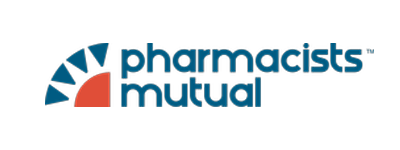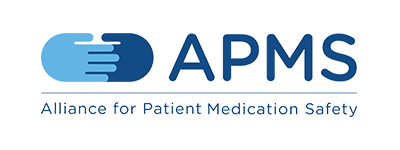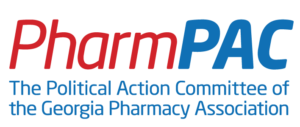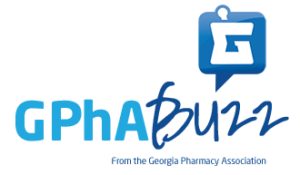Legislative update: 2019 Week 3
While week 2 was relatively quiet at the Dome, week 3 was anything but quiet … and absolutely more exciting than a certain football game.
Although GPhA’s priority legislation has yet to be introduced, GPhA achieved a major success in week 3: Georgia’s four Medicaid Managed Care organizations all agreed to stop spread-pricing in their next PBM contracts. Instead, the MCOs will move to a pass-through pricing model. (Click here for details.) The change is a monumental first step towards fairer treatment for pharmacies participating in Georgia’s Medicaid program, and GPhA was able to obtain this commitment without the need to bring legislation or seek state agency action.
This news, which is garnering significant attention, follows in the footsteps of the one-of-a-kind concessions Georgia’s commissioner of insurance obtained in connection with the CVS-Aetna merger.
With these two victories under our belt, GPhA will look to continue the momentum with the introduction of anti-steering legislation in partnership with the Georgia Society of Clinical Oncology.
We anticipate this legislation will be introduced in the next week or two and we are working hard and garnering impressive support for the legislation. Once introduced, we will be announcing several key advocacy dates in which teams of pharmacists will be invited down to the capitol to advocate for their patients and profession.
Finally, week 3 saw several healthcare bills introduced in the House that we are closely following. As always, we not only want to keep you abreast of changes, we also want to be sure, when necessary, pharmacists are heard on these issues.
HB 42: Student loan default
Introduced by Representative Turner, this bill looks to prohibit state licensing boards, including the Board of Pharmacy, from talking licensing actions based upon federal student loan default.
HB 63: Step Therapy
Introduced by Representative Sharon Cooper, this bill addresses step-therapy protocols by requiring (1) clinical review criteria be based on clinical practice guidelines; (2) patients and prescribing practitioners to have a way to request that step therapy requirements be overridden; (3) step therapy override requests be granted under certain circumstances; and (4) step therapy override determinations be made within 24 hours in an urgent healthcare situation and 72 hours in a nonurgent healthcare situation. GPhA strongly supports this pro-patient bill.
HB 84: Surprise billing
Introduced by Representative Richard Smith, the chairman of the House Insurance Committee, this bill seeks to address the issue of surprise billing by requiring providers, hospitals, and insurers to take certain actions and provide certain information to patients/enrollees.
With regard to providers, of which pharmacists are included in the definition, the bill looks to, amongst other things, require that they disclose to patients in writing or on a website all health plans in which a provider participates. Due to how pharmacies contract and confirm coverage, this provision would have proved impossible for pharmacies to comply with. There is a provision that was added at the request of GPhA last year that would, as an alternative, allow providers to confirm coverage prior to providing service.












